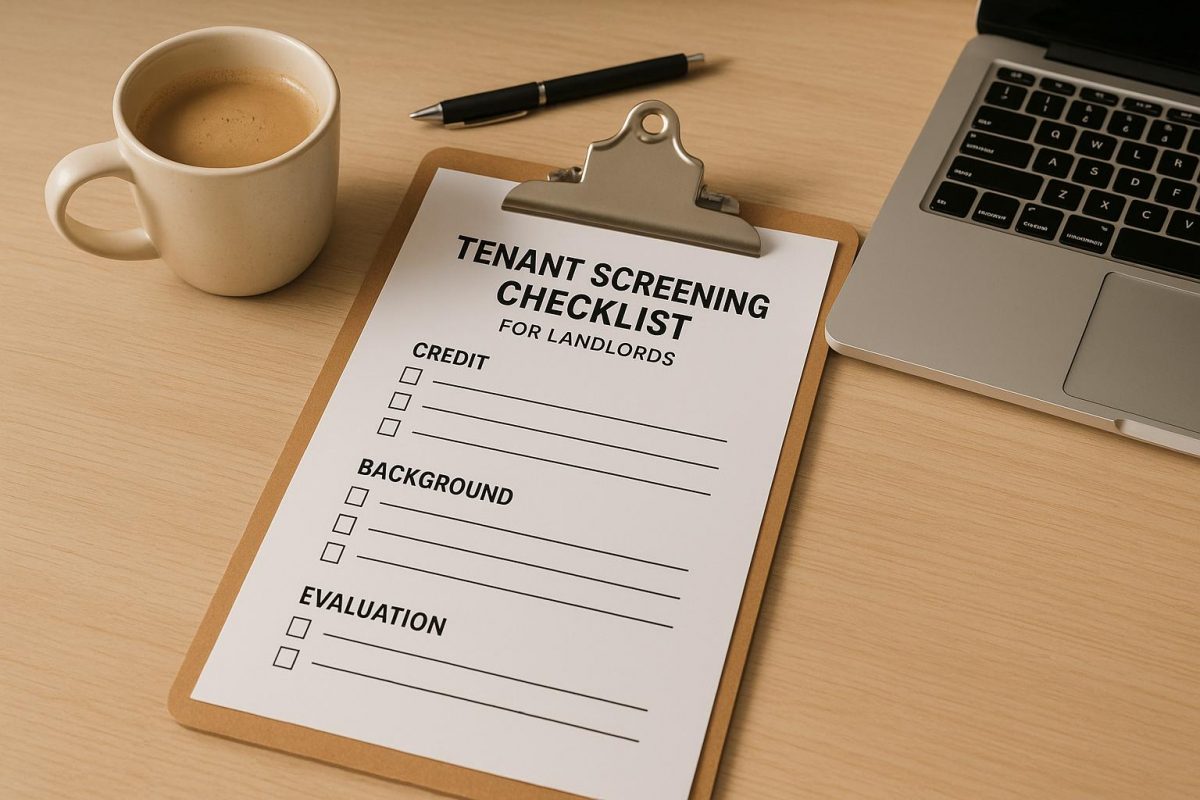Tenant Screening Made Simple for Landlords
Finding the right renter for your property can feel like a daunting task, but having a structured approach changes everything. A well-organized tenant evaluation process ensures you cover all the bases—credit history, past rentals, employment status, and more—without getting overwhelmed. Our tool is designed to help property owners navigate this journey with confidence, turning a complex chore into a straightforward checklist.
Why Thorough Screening Matters
Renting out your space is a big decision, and skipping key steps can lead to costly mistakes. By systematically reviewing a potential renter’s background, you minimize risks like missed payments or property damage. Think of it as due diligence; a little time upfront can protect your investment for the long haul. Beyond just checking boxes, understanding why each criterion matters—like verifying income stability—empowers you to make informed choices.
Keep Records, Stay Organized
One of the biggest perks of using a renter vetting checklist is the ability to track your progress. Documenting each step, from initial application to final decision, keeps everything in one place. Whether you’re managing one unit or several, staying organized with clear records helps you avoid mix-ups and ensures fairness in your process. Try our tool today and see how easy it can be!
FAQs
Why is a credit check so important when screening tenants?
A credit check gives you a window into a tenant’s financial responsibility. It shows if they’ve got a history of paying bills on time or if there are red flags like unpaid debts or bankruptcies. While it’s not the whole picture, it helps you gauge whether they’re likely to pay rent consistently. Just remember to get their written consent before running the check—it’s a legal must in most places!
How do I verify a tenant’s rental history effectively?
Start by asking for contact info of their previous landlords on the application. Then, reach out directly—don’t just rely on what the tenant tells you. Ask about their payment history, any damages, and if they followed lease rules. If a tenant hesitates to provide this info, that could be a sign they’ve got something to hide. It takes a little effort, but this step can save you headaches down the road.
What should I look for in personal references?
Personal references can reveal a tenant’s character, but you’ve gotta ask the right questions. Focus on how long they’ve known the tenant and if they’d trust them in a rental situation. Keep in mind, though, that most people pick references who’ll say nice things, so don’t weigh this too heavily. Pair it with hard data like credit or background checks for a fuller picture.
